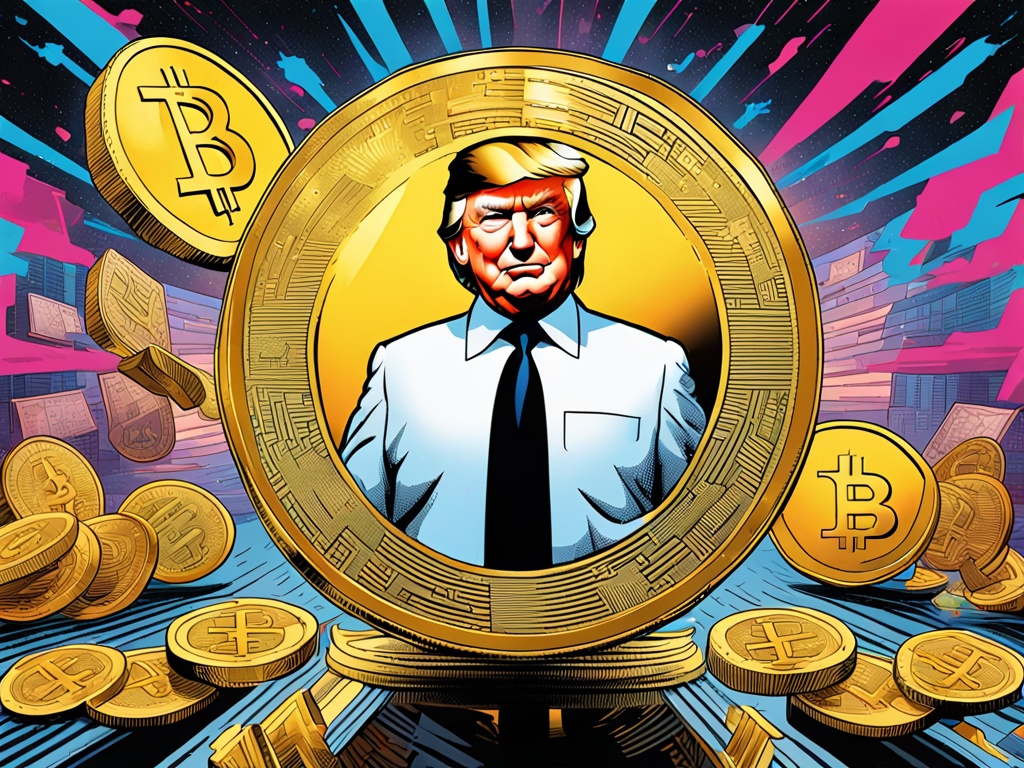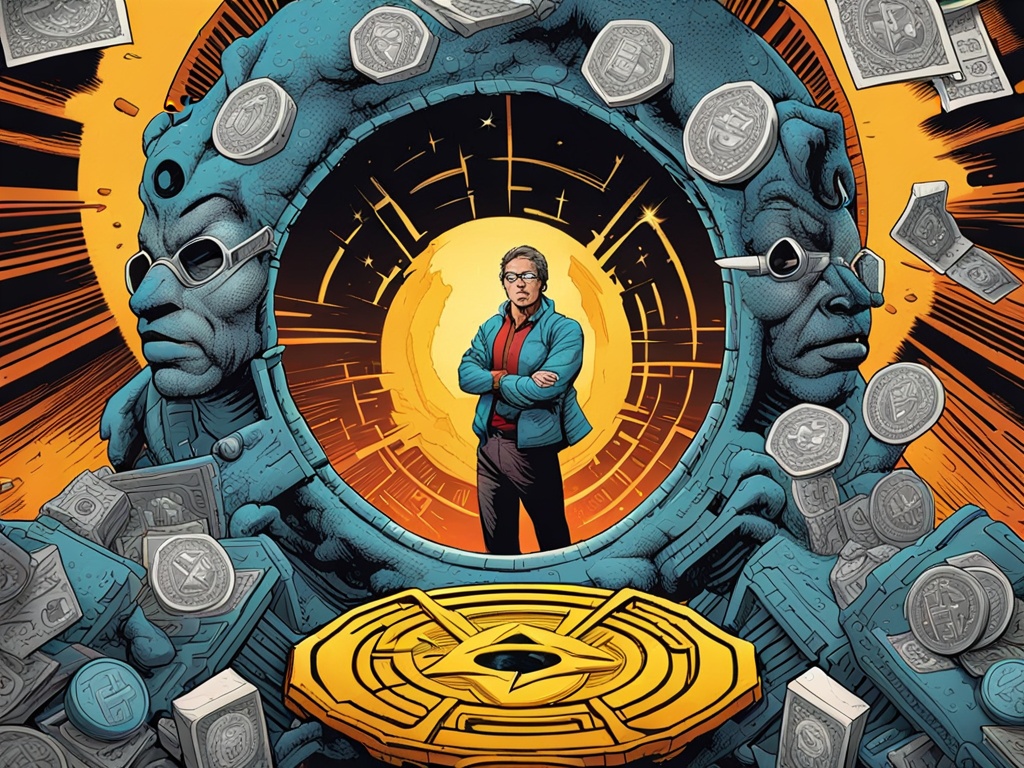Critical Insights into the Digital Euro and Its Implications 💹
As discussions surrounding cryptocurrencies develop, the urgency for the eurozone to innovate its banking system has taken center stage. Piero Cipollone, a member of the European Central Bank (ECB), argues for the necessity of a digital euro to address competition from U.S. stablecoins, particularly in light of recent advancements initiated by former President Donald Trump. This overview encapsulates the key points regarding the evolving digital currency landscape and its potential impact on traditional banking in Europe.
The Push for a Digital Euro 💶
Piero Cipollone has highlighted a pressing need for eurozone banks to adapt to the growing influence of stablecoins, especially those linked to the U.S. dollar. With Trump endorsing the international proliferation of dollar-pegged stablecoins, concerns arise about the potential shift of customers away from conventional banking institutions.
According to a report, Cipollone articulated that this trend underlines the urgency for the ECB to initiate the digital euro project. He pointed out that without a proactive stance on this matter, banks might find themselves increasingly disintermediated.
“The significant takeaway from Trump’s move is its global dimension,” Cipollone remarked during a Frankfurt conference. “This trend risks eroding the client base and fee structures of traditional banks, which highlights our need for a digital euro,” he added.
Potential Ramifications for Banking Operations 💳
The introduction of a digital euro could pose challenges for traditional banks, as clients may gravitate towards ECB-affiliated digital wallets. This shift could drain liquidity from banking institutions, raising questions about their operational stability. Currently, the ECB is examining the functional aspects of a digital euro and will arrive at a determination pending the approval of legislative measures by European lawmakers.
Simultaneously, Trump’s executive order has repercussions for the Federal Reserve’s own attempts to create a central bank digital currency (CBDC), complicating the American approach to fiat currency digitization.
Shifting Dynamics in Banking and Crypto Collaborations 🔄
Conversations surrounding the acceptance of cryptocurrency transactions by banks are gaining traction. Analysts predict that the regulatory environment under Trump may encourage collaborations between traditional financial institutions and cryptocurrency platforms, ultimately facilitating easier access to crypto trading options for the general public.
This development follows Trump’s directive to establish a national digital asset reserve, signaling a move towards more structured regulations in the digital asset sector. The Presidential Working Group on Digital Asset Markets is set to create frameworks governing various digital currencies, including stablecoins.
While advocating for dollar-pegged stablecoins on an international scale, Trump has expressed skepticism towards Central Bank Digital Currencies (CBDCs). In contrast, the ECB is making strides towards the implementation of a digital euro, demonstrating a differing strategic approach to the digitization of currency.
Conclusion: The Evolving Terrain of Digital Currency 🌍
The ongoing dialogue about digital currencies paints a vivid picture of the future of finance, particularly in Europe. The ECB’s inclination towards creating a digital euro faces challenges from both global trends and regulatory frameworks. Meanwhile, the U.S. navigates its stance on cryptocurrencies, emphasizing the importance of dollar-backed options but resisting the idea of government-backed digital currencies.
Hot Take: Future of Beyond Traditional Banking 🚀
The financial landscape is on the verge of transformative change. As traditional banks confront the potential threat of stablecoins and digital currencies, the pressing question remains: how will they adapt to maintain relevance? With the ECB considering its digital euro and the U.S. exploring alternative avenues for digital currency, the interplay between innovation and regulation will be pivotal in shaping the future of finance. Your perception and responsiveness to these developments will be paramount as the digital currency narrative unfolds.





 By
By
 By
By
 By
By
 By
By
 By
By